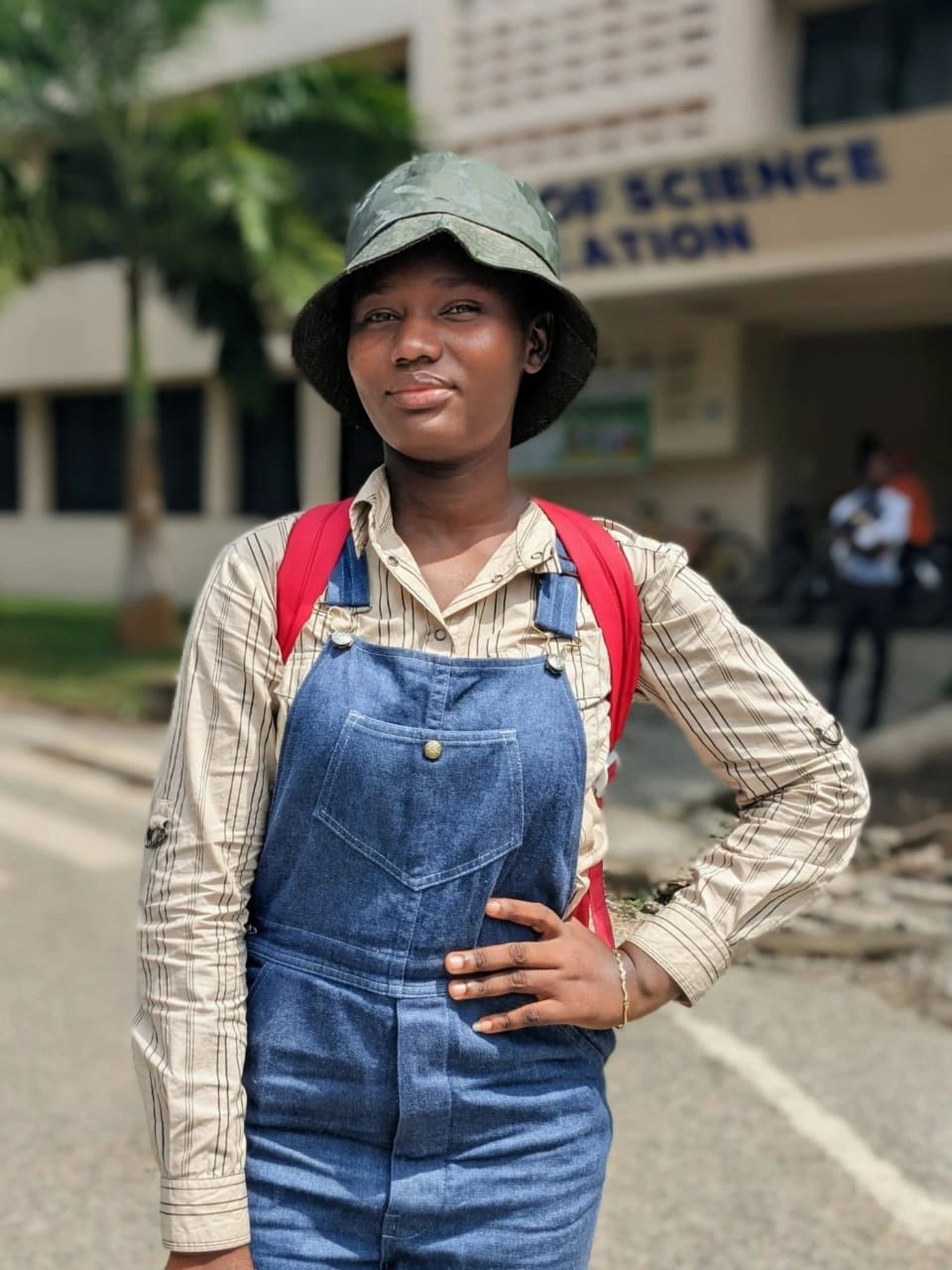
Joana Williams: Science isn’t Just About Knowing Why Things Happen. It’s About Finding Ways to Make Life Better
Joana Williams, Biology and Chemistry Student at the University of Education, Winneba, shared on LinkedIn:
“Sickle Cell Series | Episode 9
After learning about how a tiny change in our DNA can cause sickle cell disease… let’s talk about how science is finding ways to fix it!
One of the most promising breakthroughs is CRISPR, a powerful gene-editing technology that allows scientists to “cut” and “correct” faulty genes inside our DNA.
Here’s the exciting part
CRISPR can be used to edit the gene responsible for producing abnormal hemoglobin; the root cause of sickle cell disease.
In simple terms, it helps “rewrite” the DNA instructions so that red blood cells can produce normal hemoglobin again.
Imagine no more sickled cells, no more painful crises, no more lifelong complications.
The first patients treated with this approach have already shown amazing results, living symptom-free after years of battling the condition.
We’ve truly come a long way from understanding amino acids to editing them for healing.
Science isn’t just about knowing why things happen. It’s about finding ways to make life better
Visit the comment section below for an image to aid understanding ”

Stay informed with Hemostasis Today.
-
Feb 3, 2026, 05:58Rainer Kaiser: The Role of Procoagulant Platelets in Cardiovascular Disease and Thromboinflammation
-
Feb 2, 2026, 17:54Danny Gaskin: Nominations are Open for the BBTS Transfusion Practitioner Special Interest Group Award 2026
-
Feb 2, 2026, 17:44Important Webinar on Care for Patients with iTTP – ISTH
-
Feb 2, 2026, 17:21Tagreed Alkaltham: Some Risks Don’t Look Like Risks in Healthcare
-
Feb 2, 2026, 17:16Sifat Jubaira: Effect of Prolonged Tourniquet Application
-
Feb 2, 2026, 17:14Vivek Mahto: Understanding Deep Vein Thrombosis – Causes, Symptoms, and Prevention
-
Feb 2, 2026, 17:08Tareq Abadl: Heparin vs Warfarin
-
Feb 2, 2026, 17:07Mary Cushman: New Research on Aspirin Use in Pregnancy and Stroke Risk in Offspring
-
Feb 2, 2026, 16:52Aravind Palraj: Young Stroke is Never Just Stroke

